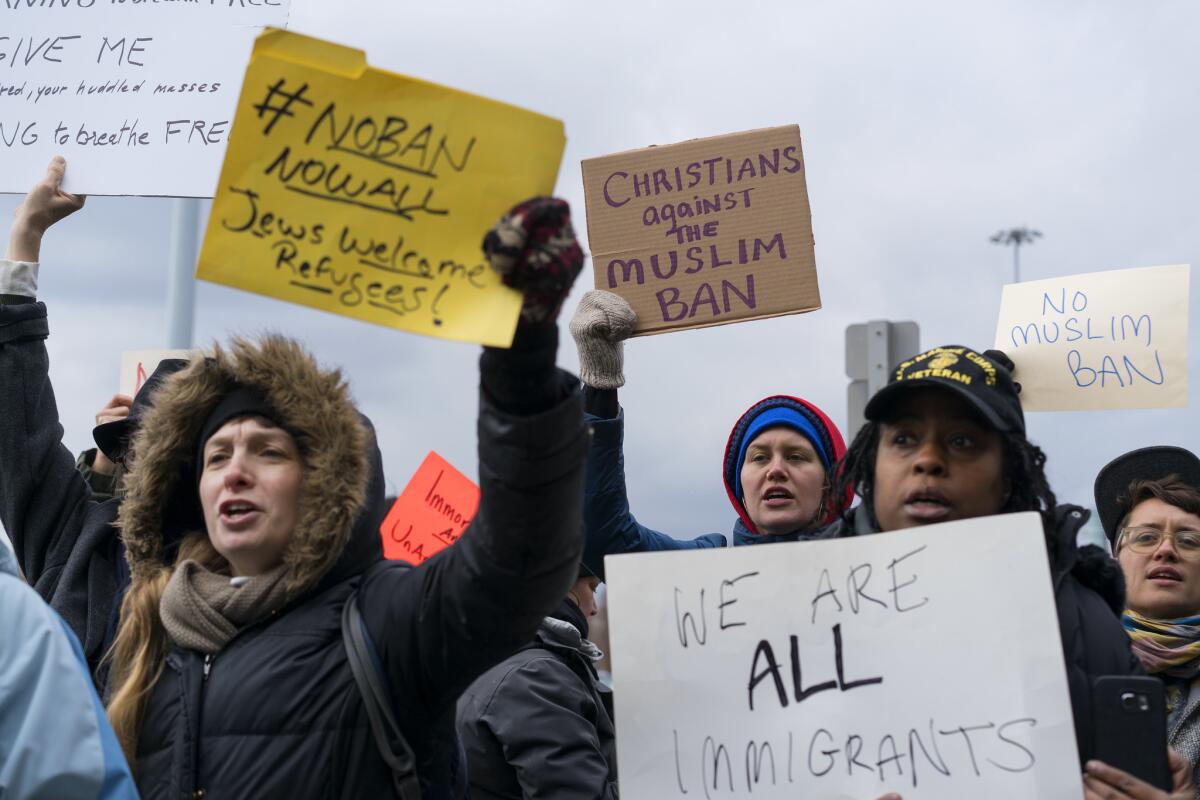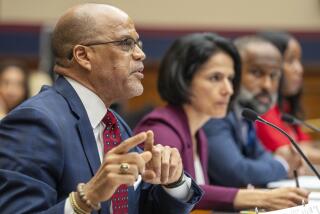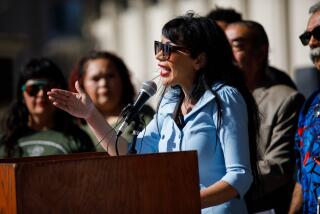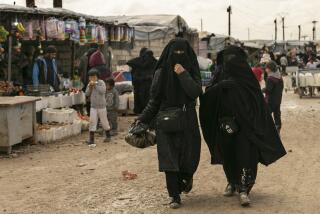UC urges students, faculty covered by Trump travel restrictions to stay in U.S. for now

Protesters assemble at John F. Kennedy International Airport in New York after two Iraqis were detained while trying to enter the country.
The University of California on Saturday advised university community members covered by President Trump’s executive order banning travel to the United States from seven Muslim-majority countries to stay in this country for now.
“We continue to analyze the executive order and its impact on our students, faculty, scholars, employees and other community members,” the UC said in a message to faculty, staff and students. “At this time, we recommend that UC community members from these seven countries who hold a visa to enter the United States or who are lawful permanent residents do not travel outside of the United States.”
In a statement released Saturday, UC Irvine Chancellor Howard Gillman expressed “deep concern for our students, scholars and others who will be personally affected by this order. I am also concerned about the order’s impact on the ability of universities to pursue our mission.”
The abrupt ban ensnared people from all walks of life who were caught in transit or expecting to soon return to the U.S. — students on a break from studies, business travelers, tourists, even the bereaved who had gone home for a funeral.
A group of advocacy organizations, including the American Civil Liberties Union, on Saturday filed a legal action against the policy in New York, acting on behalf of two Iraqis who were stopped at John F. Kennedy International Airport hours after the order was signed. The writ seeks the release of the two Iraqis, who hold valid U.S. visas, unless the government can show lawful grounds for their detention.
The groups bringing the action, which also included the International Refugee Assistance Project and the National Immigration Law Center, said a separate motion sets the stage for a larger action involving other would-be refugees, visitors and immigrants stopped at other ports of entry.
shelby.grad@latimes.com









